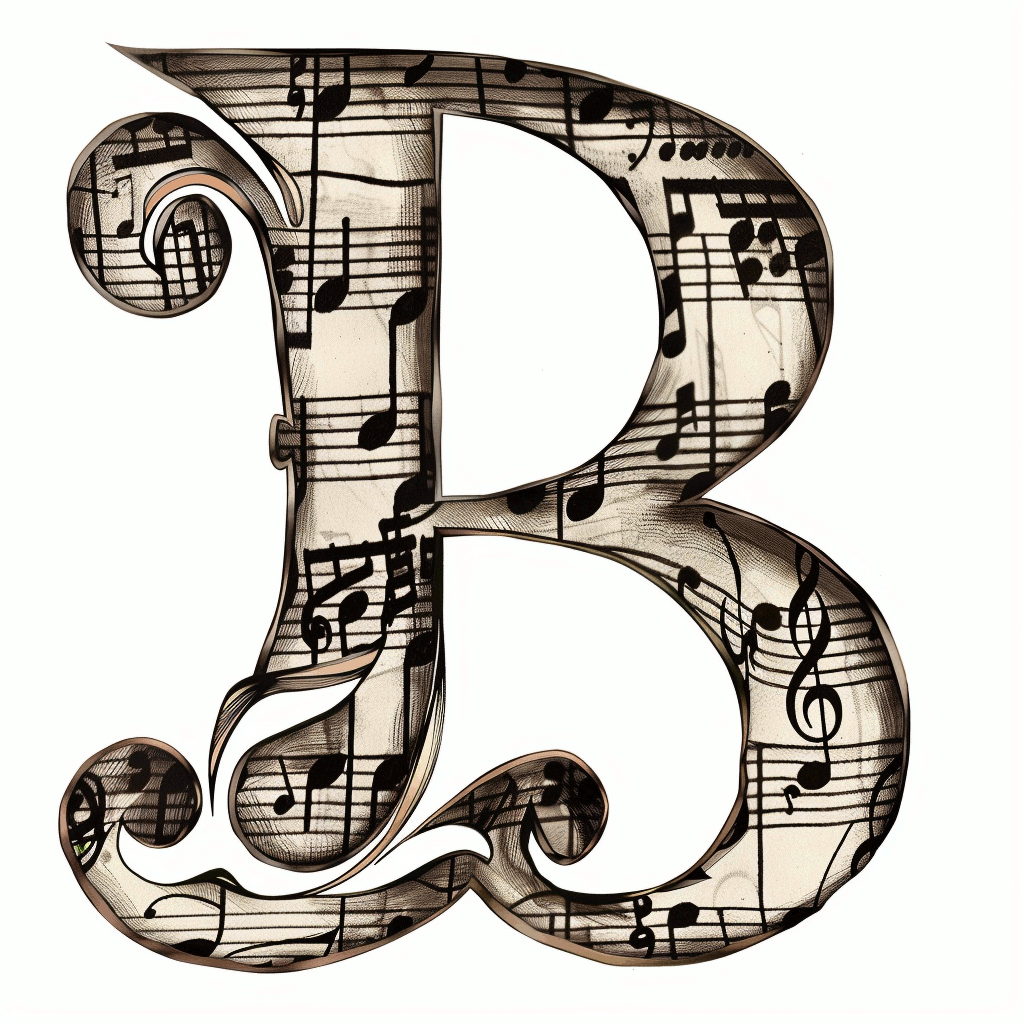Exploring the evolution of classical guitar, one cannot overlook the significant role played by Heitor Villa-Lobos. His work has been a cornerstone in the development of the instrument’s repertoire, intertwining traditional folk influences with classical structures.
This combination has not only provided a richer collection of music but has also pushed players to new levels of technical proficiency. His compositions, particularly études and preludes, are more than technical exercises; they embody the vibrancy of Brazilian culture and challenge musicians to convey this in their performance.
Villa-Lobos’ legacy extends beyond composition; his unique approach to harmony and rhythm has had a lasting impact on the pedagogy and interpretation of classical guitar music.
Early Life and Musical Beginnings
Heitor Villa-Lobos embarked on his musical career in 1887 in Rio de Janeiro, where he was mostly self-taught, mastering instruments such as the cello, clarinet, and classical guitar. Despite a limited formal education in music, his innate passion and curiosity drove him to proficiency on various instruments. To make ends meet, he performed in cinema and theatre orchestras, gaining exposure to a range of popular music.
Villa-Lobos’s compositions were greatly influenced by his explorations beyond Rio, delving into the heart of his country to absorb folk traditions, which became integral to his musical identity. By his first performance, these influences were already evident in his work.
The year 1913 marked a significant change in his life, as his partnership proved instrumental in presenting his music to new audiences and navigating a pivotal stage in his career. Encounters with prominent figures later broadened his influences, steering his composing style away from traditional European influences towards a novel and distinguishable sound.
Brazilian Rhythms in Classical Guitar
Listening to or playing Villa Lobos is to immerse yourself in the vibrant heart of Brazil’s musical traditions through the exquisite blend of local rhythms and classical guitar. The fusion of indigenous beats and European sophistication in these compositions creates a unique sound that revolutionizes the classical guitar’s repertoire. The Bachianas Brasileiras exemplifies this melding, incorporating the form and style of Bach with the essence of Brazilian melodies.
Discover the energy of choro, the charm of samba, and the tranquil pace of bossa nova intertwined with classical motifs. This innovative mix not only distinguishes the work but also contributes significantly to the world of guitar music.
The transformative approach to music invites guitarists to embody the spirit of a rich cultural legacy. Playing these pieces transcends mere performance, animating a historical narrative that echoes in every measure of the enduring compositions.
Villa-Lobos’ Signature Compositions
Appreciation for Villa-Lobos’ work grows when one understands the fusion of Brazilian rhythms and classical techniques in his guitar compositions. His oeuvre includes pieces that have become staples in the classical guitar repertoire, renowned for their combination of folkloric and European classical elements.
‘Suite Popular Brasileira’ and ‘Chôros No.1’ are characterized by their intricate harmonies and innovative use of the guitar’s capabilities. The ‘Bachianas Brasileiras’ series is a tribute to baroque sensibilities intertwined with the essence of Brazilian tunes. The challenging ‘Twelve Studies’ are a testament to the technical and expressive demands of modern guitar playing.
Additionally, the ‘Five Preludes’ are distinguished by their melodic and rhythmic richness, reflecting the composer’s deep connection to both melody and Brazilian musical traditions. These compositions have significantly influenced the development of classical guitar music and continue to resonate with guitarists around the globe.
Technical Innovations and Challenges
The compositions of Villa-Lobos present significant challenges for classical guitarists, merging technical proficiency with Brazilian folk rhythms. His 12 Etudes and Five Preludes are considered milestones, demonstrating the instrument’s capacity for melody and harmony. The Preludes, in particular, require advanced technique and interpretive skills to convey their atmospheric narratives.
These works, which draw inspiration from European classical and Brazilian folk traditions, demand a comprehensive grasp of guitar technique to navigate their complex harmonies and chromatic passages.
Beyond solo guitar, Villa-Lobos’ compositions have been adapted for various ensembles, showcasing his creative compositional methods. His innovative techniques have had a lasting impact on the classical guitar repertoire, encouraging guitarists to blend traditional and contemporary styles.
Villa-Lobos’ Enduring Legacy
Villa-Lobos’ contributions to music extend beyond technical complexity; his influence is a cornerstone of 20th-century Brazilian music. His compositions weave together the energy of his homeland with European classical traditions, establishing a unique musical narrative.
His body of work, including the ‘Bachianas Brasileiras’ and ‘Chôros,’ serves as a cultural link, defining Brazilian music’s character. Guitarists engaging with his ’12 Etudes’ and ‘5 Preludes’ encounter a heritage that continues to push and inspire artists globally.
Utilizing what’s referred to as the Villa-Lobos Effect in guitar arrangements introduces a distinctive element to the music, reflecting his enduring influence. His extensive contributions to the guitar repertoire, such as the ‘Six Preludes,’ guarantee his continued relevance in contemporary music discussions, acknowledged by musicians across various genres.


